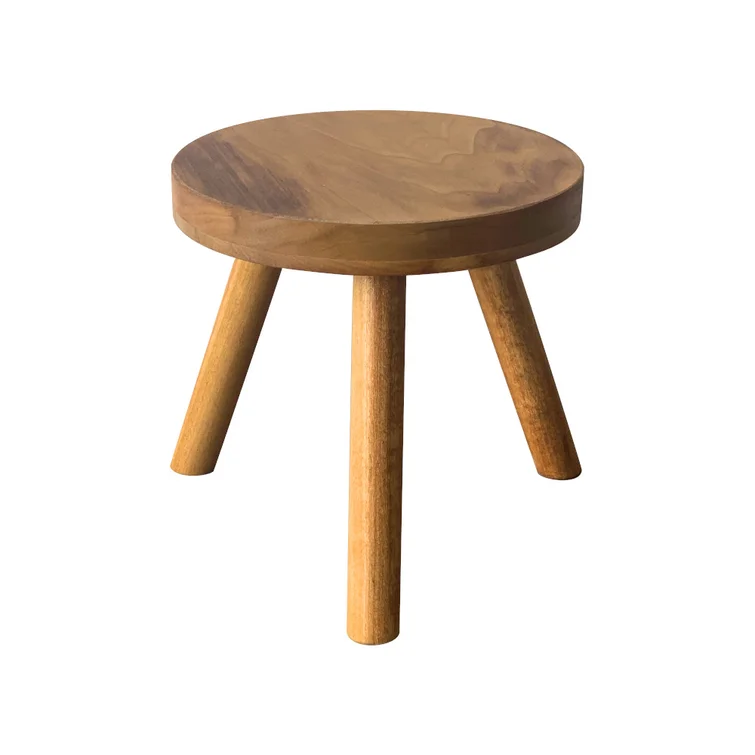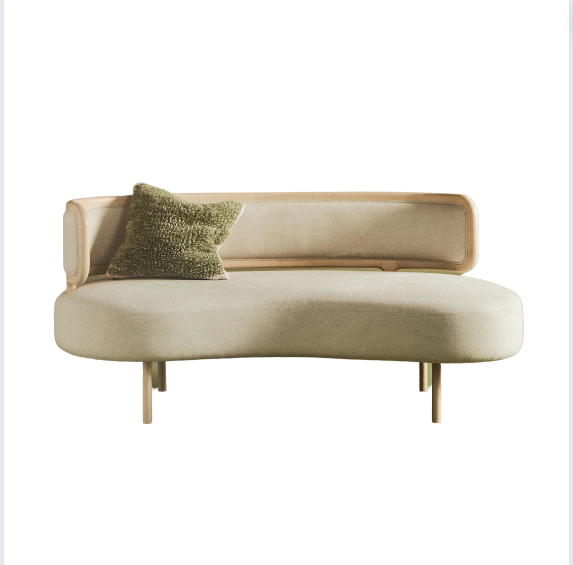This is the one place Feng Shui experts say you should never put your sofa – and it's a surprisingly common layout
To harmonize the energy in your home, Feng Shui principles say this common couch placement should be avoided at all costs
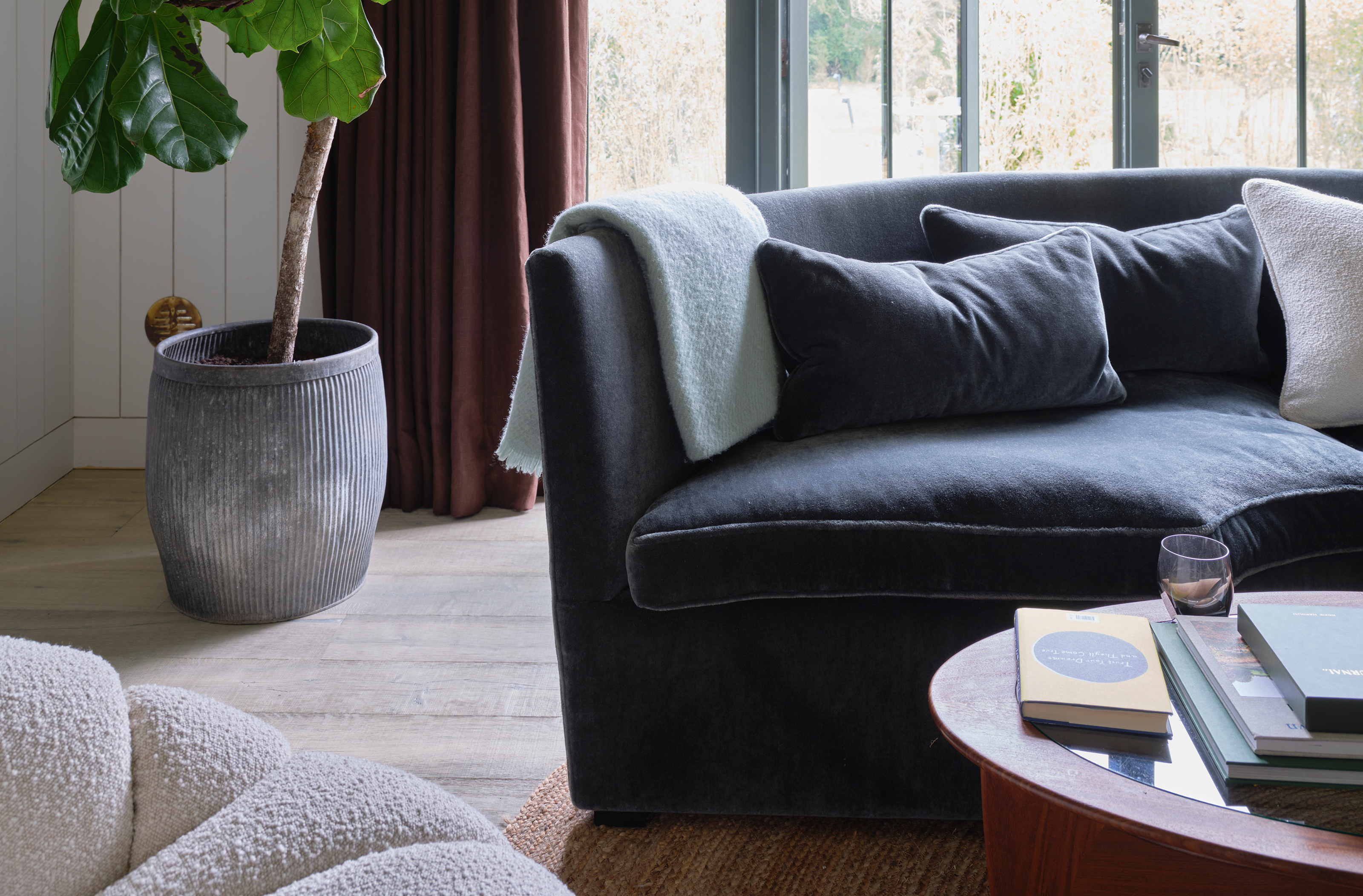

The sofa is the heart of the living room and, as such, we often let it dictate where the rest of our furniture goes. According to Feng Shui experts, however, there's a common couch placement many of us are employing that could be wreaking havoc on our home's energy.
The ancient Chinese principle of Feng Shui is all about promoting harmony between us and our environments. 'Creating spaces that promote and enhance supportive energy for the inhabitants of a home is the central tenant of Feng Shui,' explains interior designer and Feng Shui expert, Laili Kafi González. 'There are many things we can all do to improve that supportive energy, and furniture placement is one of them.'
When it comes to our sofa, the most common factor that influences its position is the placement of the window and the TV. Depending on the layout of your living room, it might make sense to have your couch in front of the window so that there's plenty of room to put your media unit on the opposite side but, according to Feng Shui, this should always be a no-go zone. To find out why and where to put your sofa instead, we spoke with some experts to learn more. Here's what they had to say.
Why does Feng Shui say you should never put a sofa in front of a window?
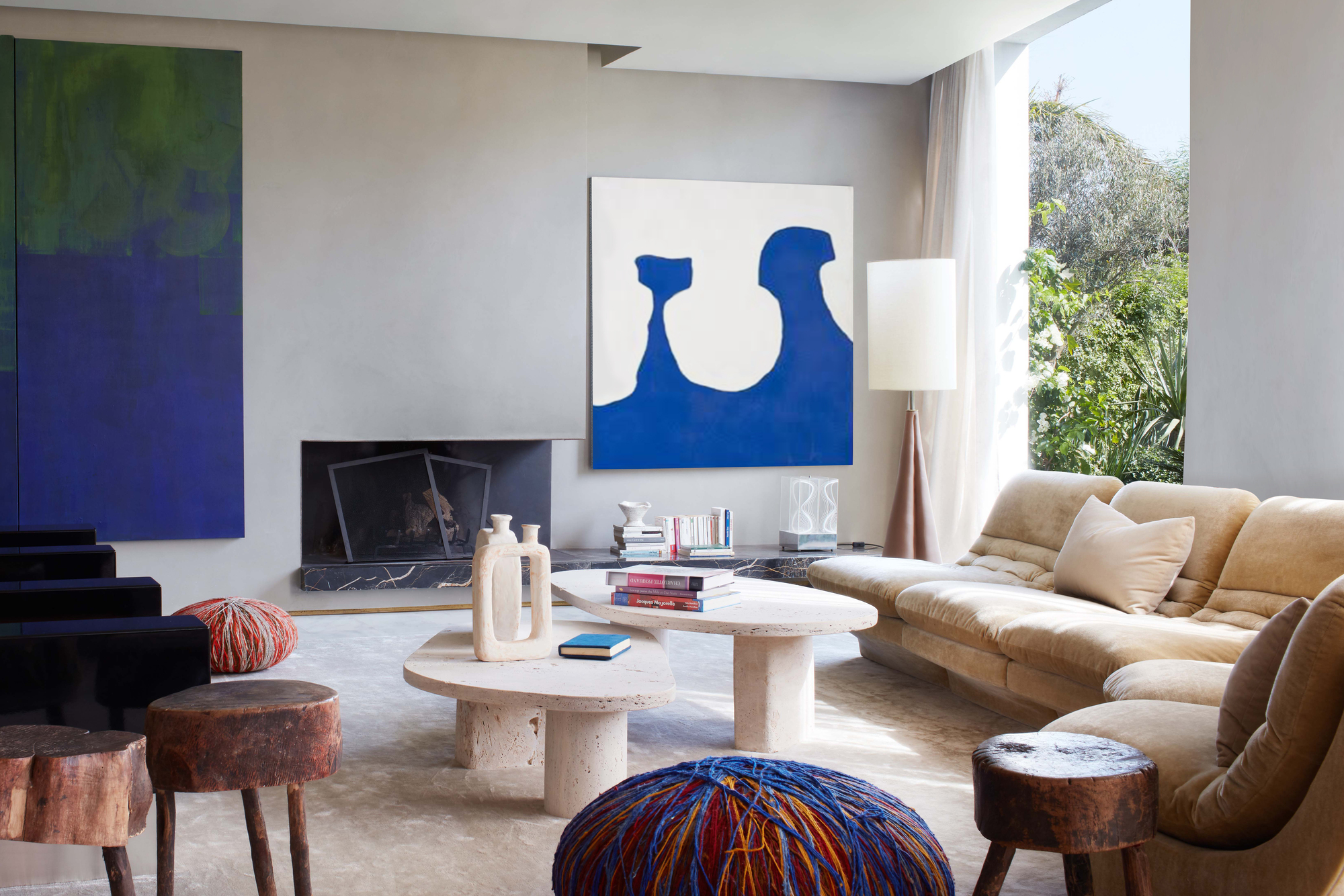
Is it okay to put a sofa in front of a window? It's a question that's divided designers. In many cases, seating in front of the window seems the most intuitive design layout. Perhaps you have a large bay window where your couch fits perfectly, allowing plenty of light to still flood the room, or maybe you have a small two-seater facing your window to enjoy the views outside. Why, then, is Feng Shui so opposed to the idea?
'Feng Shui advises against putting a sofa in front of a window because it affects the energy flow and can create an imbalance in the room,' explains Sylvia Li, a New York-based Feng Shui expert and owner of Open Space Feng Shui. 'Putting a sofa in front of a window obstructs the free flow of chi, which can lead to a sense of instability and restlessness.'
Essentially, it's all to do with the lack of any solid background surface which jeopardizes the stability of the room. As Laili of The Meazured Life explains: 'When a sofa is placed up against a window, the energy behind our sofa is not “solid”, and so is simply not as supportive as when we place our sofa against a solid wall.'
Where should a sofa go instead (according to Feng Shui)?
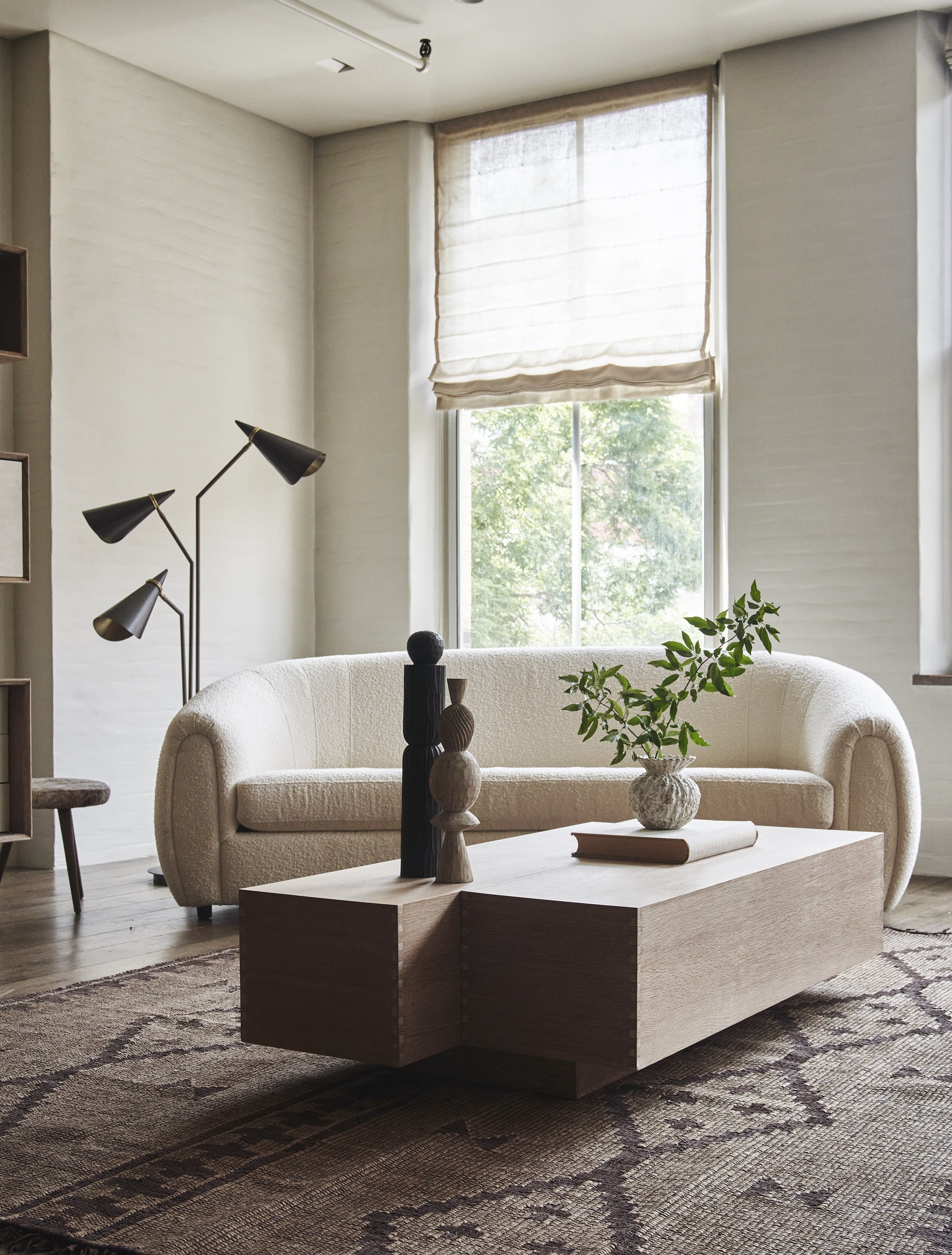
If you've not felt truly comfortable in your living room lately and your sofa's placed in front of the window, things might be starting to make sense. It's the perfect excuse for a rethink of your furniture layout, but the question is, where should your sofa go instead?
According to living room Feng Shui rules, you should always place your couch so that it's backed up to a wall. 'When placing your sofa in a room, place it centered along a solid wall,' says Laili. 'Consider the room layout and if possible, position it so that you can see people as they enter the room.'
To improve the chances of this, Sylvia recommends choosing the wall that's farthest from the entryway. 'According to Feng Shui principles, the couch should ideally face the main entrance or the room's focal point,' she says. 'This placement improves the feeling of control and security and enables a good view of anyone entering the space.'
What furniture can be put in front of a window for good Feng Shui?
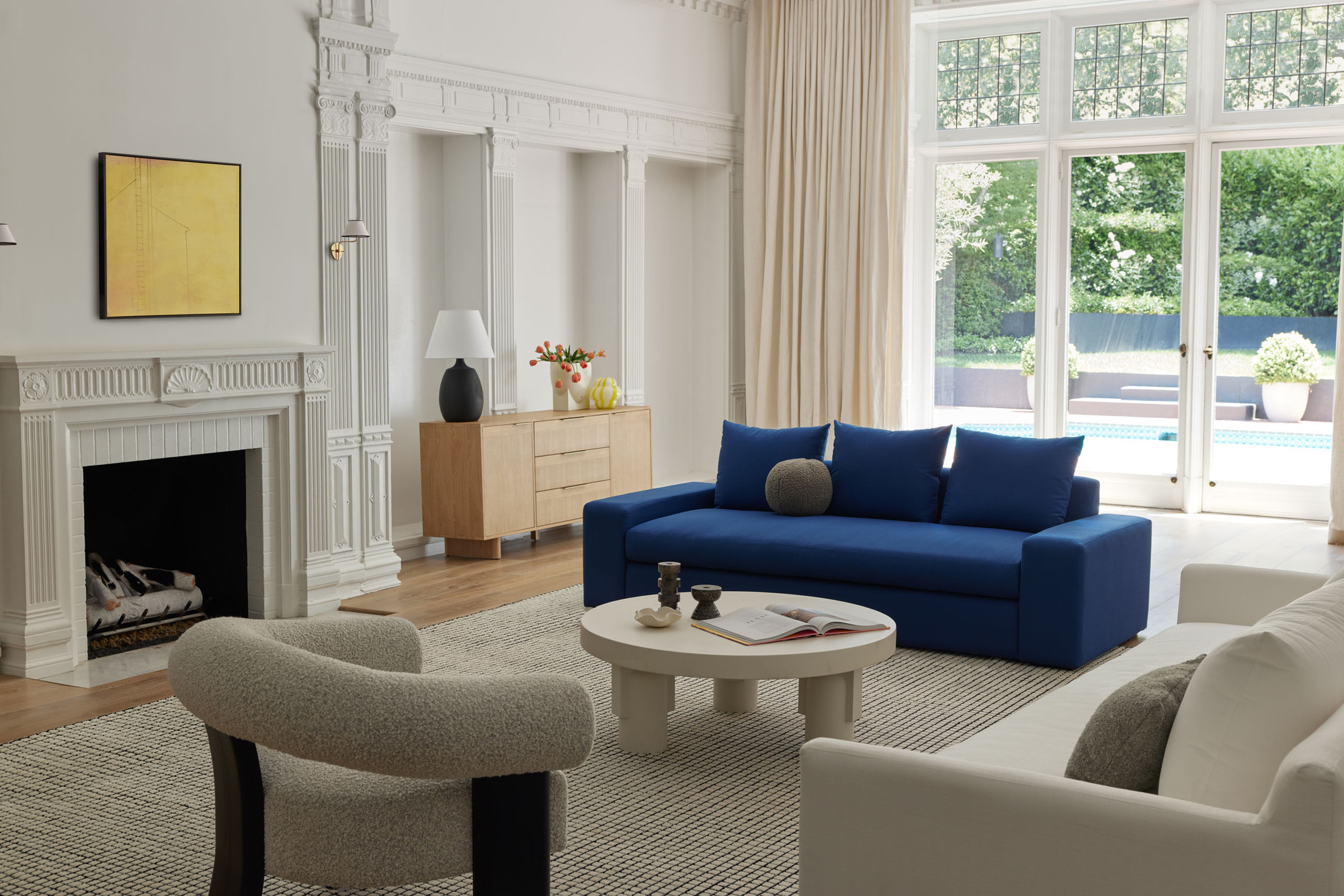
Hesitant to move anything else in front of the window now your sofa's out of the way? Fear not, there are plenty of different ways to style your furniture in this space that won't upset the Feng Shui equilibrium.
'Good Feng Shui practice supports low-height and lightweight furniture such as a low console table or a plant stand to be put in front of a window,' says Sylvia. 'This low-height furniture lets in natural light and preserves a positive energy flow in the space. They also provide a visual boundary between the window and the seating area.'
Alternative seating isn't out of the question, either. 'If you need more seating and the only free wall has windows, place a pair of chairs instead of a sofa, preferably with solid backs, to give you more support,' Laili suggests.
Don't feel as though you have to fill the space, though. Empty space in front of a window can make a living room feel bigger and is a great way to embrace a more minimalist interior design style. As Laili adds: 'Consider leaving the space directly in front of a window free of furniture and place items like bookshelves on the walls flanking the windows instead.'
Ready to Feng Shui your living room? Try these
Be The First To Know
The Livingetc newsletters are your inside source for what’s shaping interiors now - and what’s next. Discover trend forecasts, smart style ideas, and curated shopping inspiration that brings design to life. Subscribe today and stay ahead of the curve.

Lilith Hudson is a freelance writer and regular contributor to Livingetc. She holds an MA in Magazine Journalism from City, University of London, and has written for various titles including Homes & Gardens, House Beautiful, Advnture, the Saturday Times Magazine, Evening Standard, DJ Mag, Metro, and The Simple Things Magazine.
Prior to going freelance, Lilith was the News and Trends Editor at Livingetc. It was a role that helped her develop a keen eye for spotting all the latest micro-trends, interior hacks, and viral decor must-haves you need in your home. With a constant ear to the ground on the design scene, she's ahead of the curve when it comes to the latest color that's sweeping interiors or the hot new style to decorate our homes.
-
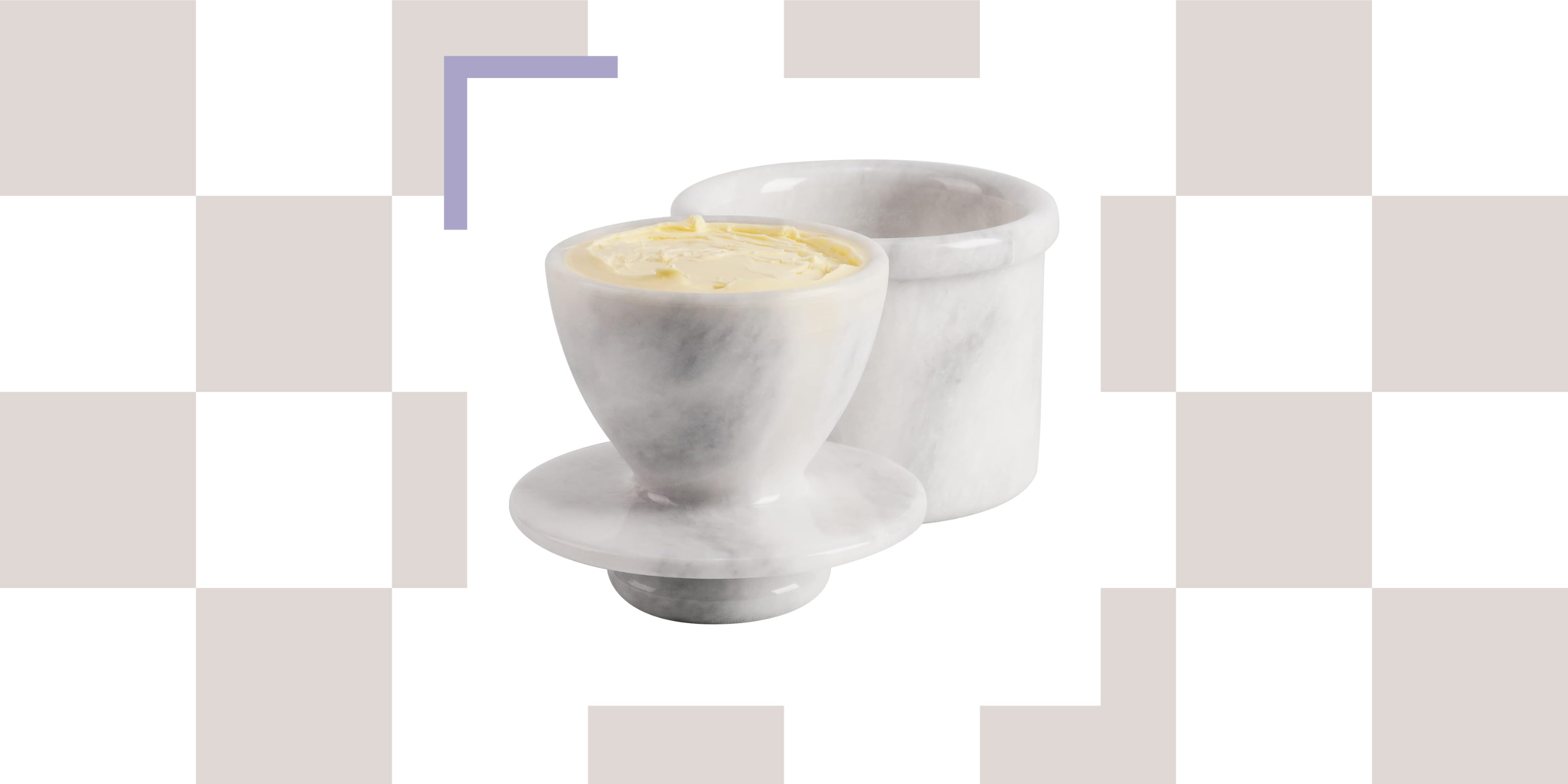 Good Cooks With Even Better Style Are All Putting 'Butter Bells' on Their Kitchen Counters — Here's Why
Good Cooks With Even Better Style Are All Putting 'Butter Bells' on Their Kitchen Counters — Here's WhyThe French way of storing butter will guarantee soft, spreadable deliciousness at any given moment. I present to you, the butter bell.
By Amiya Baratan
-
 Jeremiah Brent Captures the Grit and Glamour of NYC in His New Loloi Collaboration
Jeremiah Brent Captures the Grit and Glamour of NYC in His New Loloi CollaborationThe TV-famous interior designer looked out of his own window — and hit the pavement — for a collection that turns city spirit into tactile design
By Julia Demer

